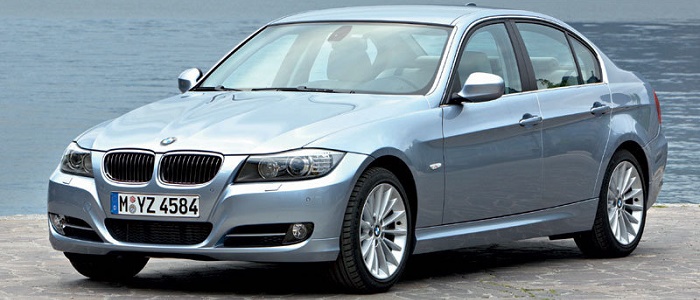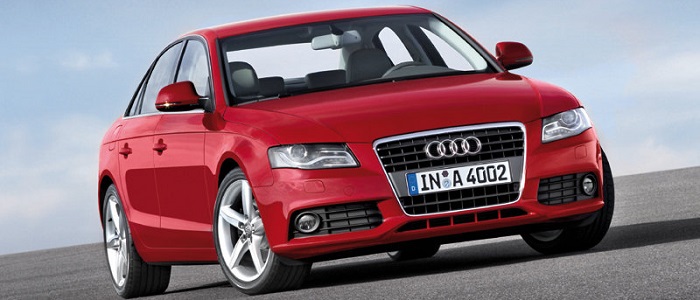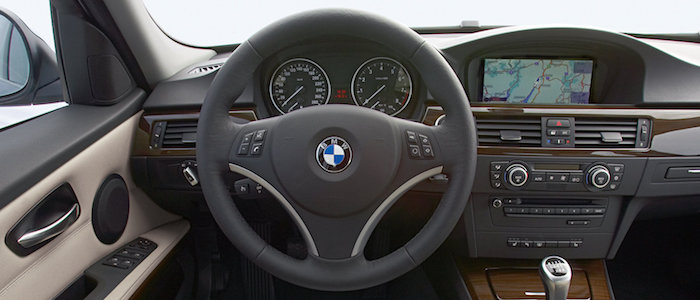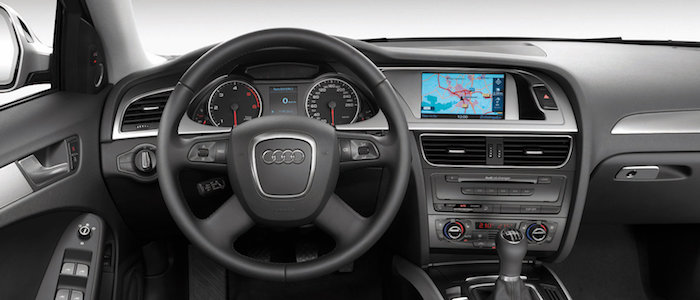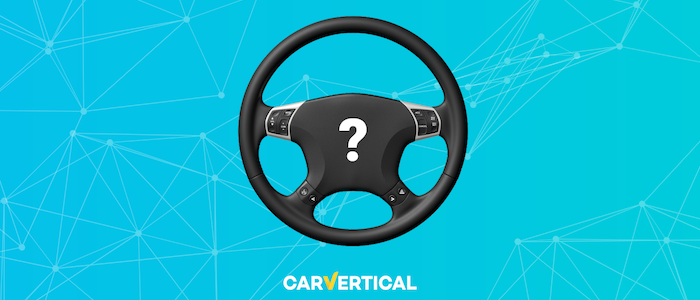Compare two cars
Compare any two cars and get our Virtual Adviser™ opinion
Dimensons & Outlines
Check vehicle history
Engine
Performance (manual gearbox)
Performance (automatic gearbox)
Expenses
Virtual Adviser's™ opinion
Two significantly similar cars, no doubt about that. Still, each one has something different to offer. Having both cars powered by diesel engines and utilizing the 4-door sedan body style within the same 'Large family car' segment, the only major difference here really is their wheel drive configuration (rear for the BMW and 4 x 4 in the case of the Audi). The first one has a BMW-engineered powertrain under the hood, a 6-cylinder, 24-valves 245hp unit, while the other one gets its power and torque from a 6-cylinder, 24-valves 240hp engine designed by Audi.
SafetyBoth vehicles got tested by European New Car Assessment Programme (Euro NCAP), with the same number of safety stars gained in the process. That aside, let's consider some other aspects which affect safety. Both vehicles belong to the large family car segment, which is generally a good thing safety-wise, but that fact doesn't break the tie between the two cars. On the other hand, if we'd like to consider vehicle mass in this context too, which we definitely should, Audi A4 offers a considerable difference of 10% more metal.
ReliabilityReliability is not the best thing to consider on the make level, but it is worth mentioning that both brands display similar results in faults and breakdowns, all the models observed together. These are the official statistics, while our visitors describe reliability of BMW with an average rating of 4.1, and models under the Audi badge with 4.2 out of 5. Independent research findings rank 3 Series as average reliability-wise, and A4 is more or less at the same level.We should definitely mention that owners of cars with the same powertrain as 3 Series rank it on average as 4.3, while the one under the competitor's bonnet gets 5.0 out of 5.
Performance & Fuel economyBoth of the cars accelerate exactly the same, so we couldn't put one above the other. Car No. 1 reaches top speed of 250 kilometers per hour, exactly the same as the other car does. When it comes to fuel economy the winner has to be 3 Series, averaging around 5.7 liters of fuel per 100 kilometers (50 mpg), in combined cycle. We can't ignore that 16% difference compared to Audi A4.
Verdict
Audi appears just a bit more reliable, although the difference is truly marginal. The most important thing when deciding between any two vehicles should always be safety, both passive and active. In my opinion, everything taken into account, Audi A4 offers significantly better overall protection, taking the lead here. When it comes to performance, both vehicles provide similar experience, so I wouldn't point any of them out. 3 Series , on the other hand, consumps significantly less fuel, and that's a big plus. No mistake, whatever you decide here, but I'd still go for the BMW. Nevertheless, let's not forget that people have different preferences and needs, so what really counts is your personal feel. I'm only here to help. Also, you could use the oportunity to find out which car, everything taken into account, would be the perfect choice for you in the eyes of the virtual adviser™, among thousands of similar, yet so different vehicles.
Related articles
When it comes to buying a used car it is usually a tricky process. Many drivers look for the best compromise. The ideal car is both affordable and as new as possible. The general state of the car is often described by mileage. But this is often forgotten or just overlooked...
A vehicle that breaks down often makes for a frustrated owner. Lateness, embarrassment, and repair costs can turn your life into a nightmare. Reliability constitutes a quality you should seek in a used car. So, what are the most reliable car brands?






















